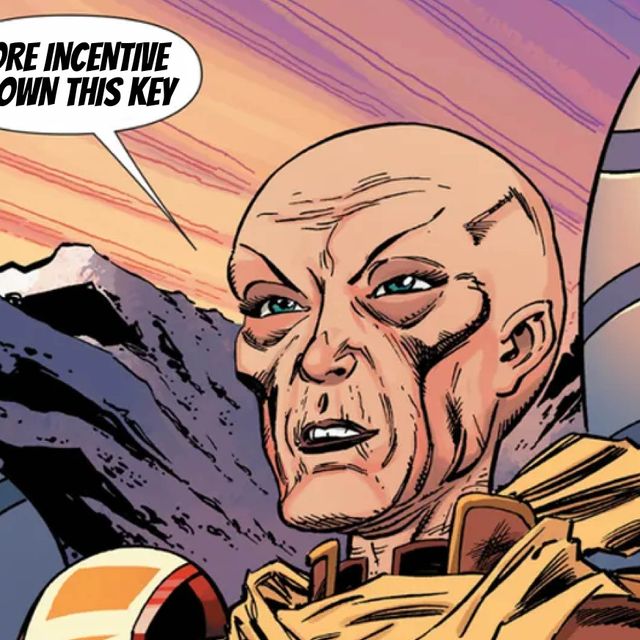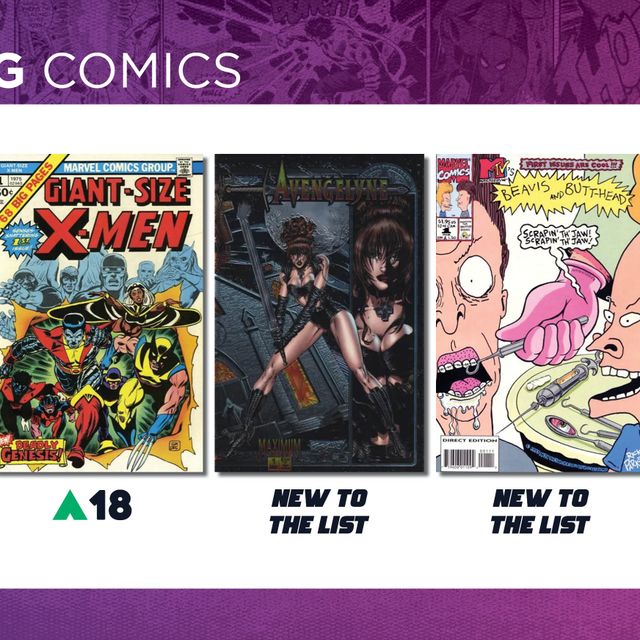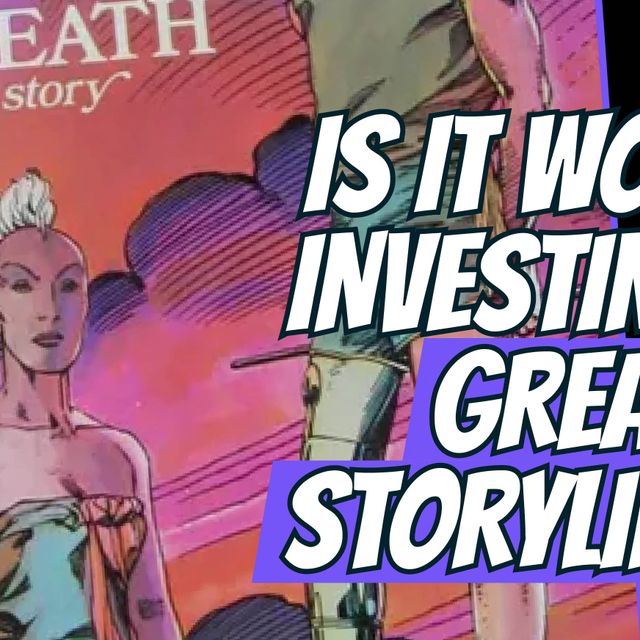
The Shazam film might be a game changer for the DC Universe. The trailer, released a few weeks back at this year’s Comic-Con, was received with almost universal approval. Most of the fans who saw it were in agreement that the sheer goofiness and fun conveyed by the idea of a kid becoming a powerful superhero are what made the trailer so entertaining.
Let’s face it, whether you like or hate Zach Snyder and the dark direction he’s taken the DC cinematic universe, at this point the DC movies could use some levity. If 'Shazam' is as big a hit as 'Wonder Woman' was, it’s quite possible Warner Bros. might take this as incentive to introduce some more light-hearted fare. If they do, I’m sure I’m not alone in thinking that ‘Booster Gold’ would make a great property to advance a new, more fun - less angst ridden - cinematic agenda for DC.
This is not just sheer hope on my part either. Both Booster Gold and Blue Beetle’s names have been floated around as possible candidates for future big screen treatment. In the case of Booster, the rumors were recently given more weight in an interview with Canadian actor Nate Fillion (Firefly, Castle). When asked how he felt about playing the role of the futuristic self-made ‘hero', Fillion replied:
“He’s a great character. Am I vying for the role? And do I want an internet thing to go crazy? No, I don’t want that to happen. Do I think it’s a great role? Yes. Would I do an amazing job…I like to think that I would…He’s a great character. He’s such a dufus. I could do that.” (see here).
“Dufus” is the perfect characterization of Booster Gold, and for the record I think Nathan Fillion would be awesome in the role. But this is a blog post about comic book speculation, what would the announcement of a Booster Gold film do for his comics?
Booster Gold #1 (February 1986) – First Appearance of Booster Gold
Created by Dan Jurgens with some help from Mike DeCarlo, Booster Gold premiered in his own comic in early 1986. This was a dynamic time for DC, the company had just wrapped up their Crisis on Infinite Earths maxi-series and had rebooted almost all their properties. This included the big guns no less than the B and C string characters (at the time, Superman was given a make over by John Byrne and Wonder Woman was transformed for new readers under the watchful eye and pen of George Perez). Obviously, this was also a time when DC was trying out new ideas.
Booster Gold was one of these new ideas and the concept was simple: Michael Jon Carter, a time traveler from the 25th century, uses future tech (including a powerful computer/robot companion called ‘Skeets’) to fight crime in the past. Egotistical, self-serving and overbearing, he nonetheless succeeds in spite of himself and becomes a hero, but one who happens to love publicity and riches. In the DC universe, Booster would go on to join the Justice League and other groups, eventually coming into his own after the '52' series. At this point, it's safe to say, he’s become a regular part of the DC heroes lineup.
Looking at the data on the Booster Gold comic, it’s had surprisingly consistent popularity for a modern comic. The CGC census shows 729 graded copies. Let’s compare this number with other DC comics that debuted in the mid-80s: 'Mazing Man #1 not enough data on this one, but at least 2 graded copies have been sold on Ebay. Wild Dog #1 , shows 22 graded copies on the census and he's also appeared on the live action series 'Arrow'. Blue Devil #1 has 88 graded copies on the census. The only real competition is from Booster’s best friend the Ted Kord version of the Blue Beetle, whose comic premiered the same year as Booster Gold #1. If we look at the stats for Blue Beetle #1 we find 125 graded copies on the CGC census. So, there’s really no comparison, the interest in Booster Gold looks to be about six times greater according to these numbers.
This is also reflected in prices and returns. Currently Booster Gold #1 can fetch a fair market price of $260.00 for a 9.8 graded copy, dropping down to a mere $32.00 for an 8.0. In the last five years, returns on 9.8 copies are up 25%, while 8.0’s are down - %42.8. Which makes sense for a modern comic that has had so little pop culture promotion. Compare this with prices for Blue Beetle's 1986 premiere issue: 9.8 copies sell for $150.00, and an 8.0 can be had for a mere $18.00. But returns on the 9.8 are down 8.7% and there's only been one sale of an 8.0 graded copy of Blue Beetle #1
Would a movie ‘Boost’ the Booster Gold comic into orbit in terms of prices? It would certainly give it a push, and that could translate into a nice profit if you sell at the right time. Given how easy raw copies are to find, you could do worse than seek out a well preserved copy and have it graded. That way, in the words of the great Booster Gold himself, you'll be able to say: "Tomorrow is the defining moment of the century and I'm gonna be part of it."


